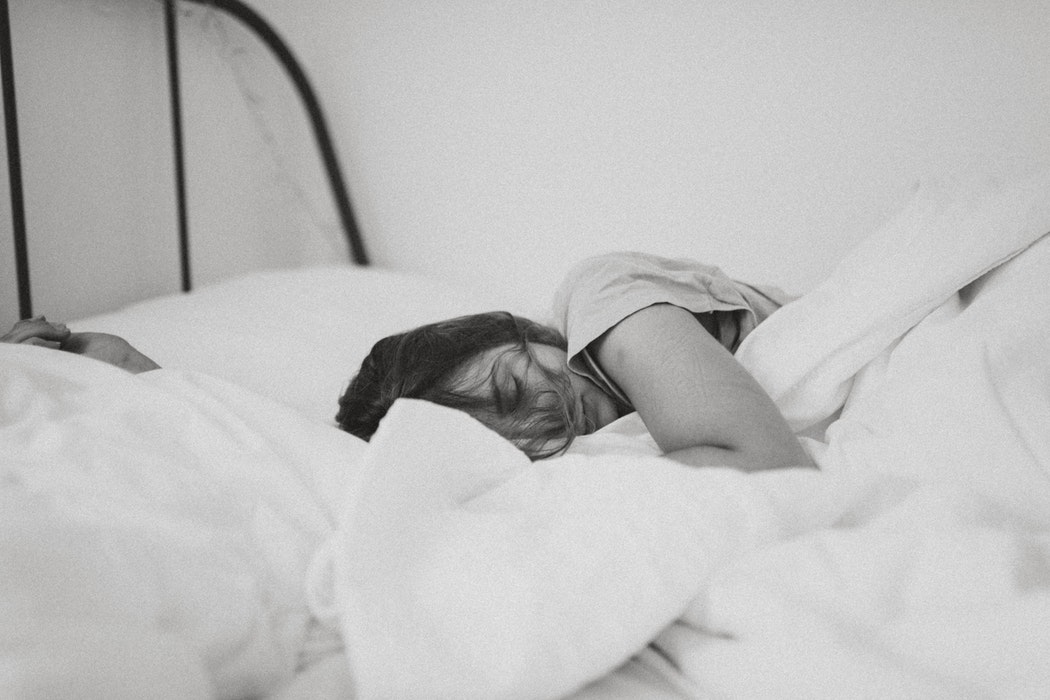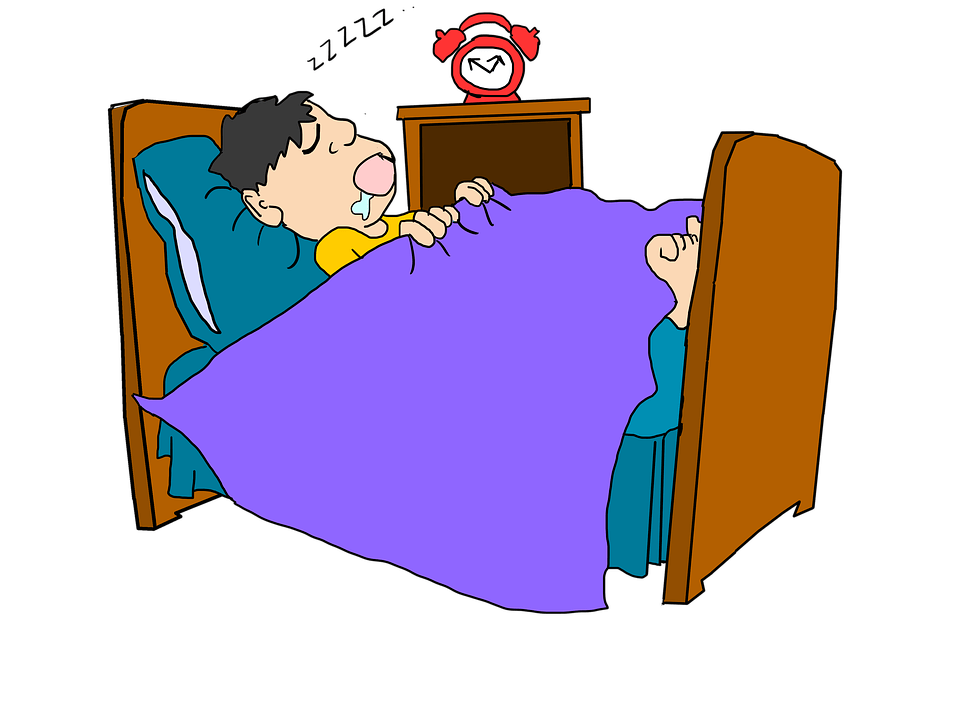Sleep is very important for our health. However, when we get busy with work and other things in our lives, we tend to neglect or sacrifice our sleep which is not good. It’s because sleep is more than just a time for your body and mind to rest because while you’re asleep, your body is still doing hard work.
Did you know that during your sleep, your body rebuilds the muscles you’ve worn down during the day and cleans harmful plaques and wastes that are produced in the brain? Yes, that’s why sleep is essential for your health to keep both your mind and body running properly.
If sleep is important, another question is, how many hours of sleep do you really need every day? Well, that is what we are going to share with you today. Let us know further the importance of sleep and the hours of sleep we really need to keep our body and mind healthy.
Sleep is Vital to Good Health
As mentioned above, it is during our sleep that our body fixes the muscles we’ve used and cleans the harmful plaques in our brains. But aside from that, it is also during our sleep that our minds process and respond to important emotions and experiences from the day and commits them to memory.
Did you know that sleep is also important when it comes to regulating your emotions? In fact, being sleep deprived for even just one night can increase your emotional response to negative feelings by 60 percent. That is the reason why people who lack proper sleep tend to be more emotional.
Lack of sleep can make it difficult for your body to regulate essential things such as your immune system, appetite control, good metabolic function, and your ability to maintain normal body weight. And of course, sleep is important to regulate your circadian rhythm or internal clock. Meaning, not sleeping long enough or sleeping at odd times of the day may ruin your internal clock and the many processes that it regulates.
Factors to Know How Many Hours of Sleep You Need
Now that you know why sleep is very important, it’s time to answer the question, how much sleep do you really need? Well, every individual has unique needs and preferences when it comes to how much sleep is needed. Here are some of the factors that can help you know how many hours of sleep you need.
Age
The amount of sleep you need is largely determined by your age. Here’s an official recommendation for sleep duration that is broken down by age group.
- Adults 65 years old and above: 7 to 8 hours
- Adults from 18 to 64 years old: 7 to 9 hours
- Teenagers from 14 to 17 years old: 8 to 10 hours
- School children from 6 to 13 years old: 9 to 11 hours
- Preschoolers from 3 to 5 years old: 10 to 13 hours
- Toddlers from 1 to 2 years old: 11 to 14 hours
- Infants from 4 to 11 months: 12 to 15 hours
Genetic Makeup
The number of hours of sleep you need can be determined by genetics. There are certain genetic mutations that can affect how long you need to sleep and at what time of day you prefer to sleep. This can also determine how you respond to sleep deprivation. For example, people with one specific genetic mutation are fine to sleep around six hours while people without it need about eight hours of sleep on average.
People who have the genetic mutation are more negatively affected by sleep deprivation and or experience deeper sleep. However, your genetic makeup cannot be changed and there’s no practical way to know if you have one of these mutations. The only thing you can do is to pay attention to how you feel to know if you are getting the right amount of sleep.
Quality of Sleep
Another factor that can impact how many hours you need is the quality of your sleep. If you have poor sleep quality, then you may still feel tired after getting what should be considered enough sleep. But if you’re getting good quality sleep, then maybe you can manage better with only a few hours of sleep. This means that it’s not only important to focus on sleeping long enough, because you also need to sleep well enough.
How to Get the Sleep that You Need?
If you think you’re not getting the right amount of sleep you need, or you want to resolve a specific sleep problem, or you just simply want to feel more productive, mentally sharp, and emotionally balanced during the day, maybe these sleep tips can help you achieve the number of hours of sleep you need.
Follow a regular schedule
It’s helpful for your internal clock if you go to bed at the same time each night. It’s because following an irregular sleep schedule can lead to poor sleep quality and duration. Therefore, if you want a longer and quality sleep, try to go to bed at a regular schedule each night.
Come up with a calming bedtime routine
If you’re not always in the mood to sleep, maybe you need to adopt a relaxing routine before bed. For example, you can listen to calming music, which is known to improve sleep quality in certain groups. Or you can also take a warm bath before bedtime to relax your body and help you fall asleep.
Create a comfortable environment in your bedroom
Keep your bedroom quiet, dark, and at a comfortable temperature because these can also help you sleep better. Do not be too active before bed and avoid a noisy environment because those are linked to poor sleep.
Decrease your intake of caffeine, alcohol, and nicotine
Caffeine, alcohol, and nicotine can also lead to poor sleep quality. Therefore, if you want to get the right amount of sleep you need, try to avoid these, especially in the afternoon and evening.
Do not use too much electronics
Using electronics excessively, such as cell phones and computers has also been associated with poor sleep quality. So if you want to sleep immediately at night, avoid using these gadgets before your bedtime.
Be more active
Based on studies, being inactive is also associated with poorer sleep. Therefore, exercising during the day and being active is also important and can help you sleep better at night.
The amount of sleep needed depends on each person and is affected by different factors. But for most adults, getting 7 to 9 hours of sleep each night is ideal. Just remember to pay attention to how you feel during the day to know if you are getting the right amount of sleep for you.
It’s actually easy to know that. If you are getting enough sleep, you should feel energized and awake during the day. But if you often feel tired or sluggish, then maybe those are signs that you need more hours of sleep.
We hope the information we shared will help you determine how many hours of sleep you really need. If you are suffering from insomnia, you can check out our post on the Different Types of Relief Aids for Insomnia for some tips.


